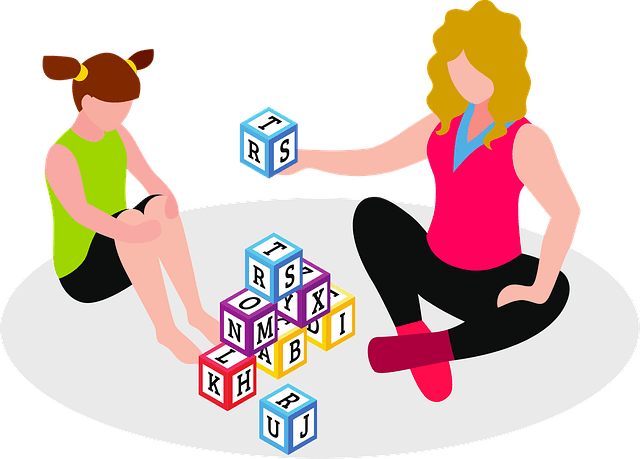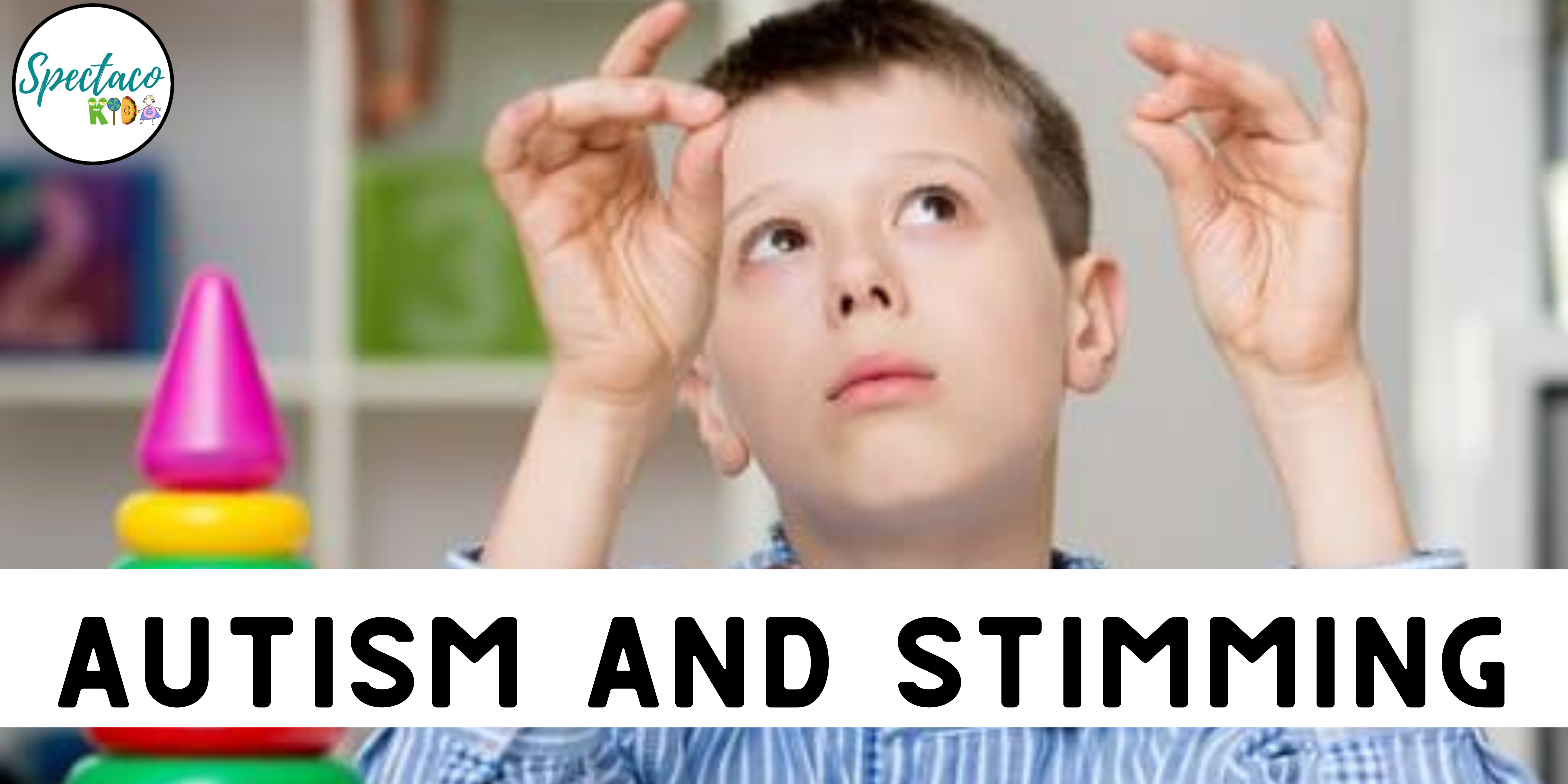Applied Behavior Analysis (ABA) therapy is widely recognized as an effective and evidence-based intervention for individuals with autism spectrum disorder (ASD). It can be highly beneficial in helping individuals with autism develop essential skills, manage challenging behaviors, and improve their overall quality of life. Here are some ways in which ABA therapy can help individuals with autism:
-
Skill Development:
ABA therapy focuses on teaching individuals with autism a wide range of skills, including communication, social interaction, academic skills, self-help skills, and more. These skills are often broken down into smaller, manageable steps, making them more accessible for individuals with autism to learn.
-
Behavior Modification:
ABA therapy employs strategies to identify and modify challenging behaviors. It uses principles of reinforcement to increase desired behaviors and decrease problem behaviors. This can be especially helpful in reducing behaviors that interfere with learning and daily functioning.
-
Individualized Approach:
ABA therapy is highly individualized. Therapists assess each person’s strengths, challenges, and unique needs, and then develop tailored treatment plans. This personalized approach ensures that interventions are specifically designed to address the individual’s specific goals.
-
Generalization of Skills:
A key aim of ABA therapy is to help individuals generalize newly acquired skills beyond the therapy setting. This means that skills learned in therapy are practiced and applied in real-life situations, allowing individuals to use them effectively in various contexts.
-
Communication Enhancement:
For individuals with limited or no verbal communication, ABA therapy often includes techniques for improving communication, such as the use of augmentative and alternative communication (AAC) devices or sign language.
-
Social Skills Training:
ABA therapy can target the development of social skills, including understanding and interpreting social cues, taking turns in conversations, and building and maintaining friendships.
-
Reduction of Problem Behaviors:
ABA therapy can effectively address behaviors such as aggression, self-injury, and repetitive behaviors, helping individuals learn more adaptive ways to cope with frustration and anxiety.
-
Family Involvement:
ABA therapy often involves family members in the therapeutic process. This helps parents and caregivers learn strategies for supporting their loved one with autism and promoting consistent behavior management.
-
Evidence-Based:
ABA therapy is grounded in scientific research and has a substantial body of evidence supporting its effectiveness. It is considered the gold standard in autism treatment and is recommended by many professional organizations.
-
Early Intervention:
Starting ABA therapy early, often during early childhood, can have a profound impact on a child’s development and long-term outcomes.



